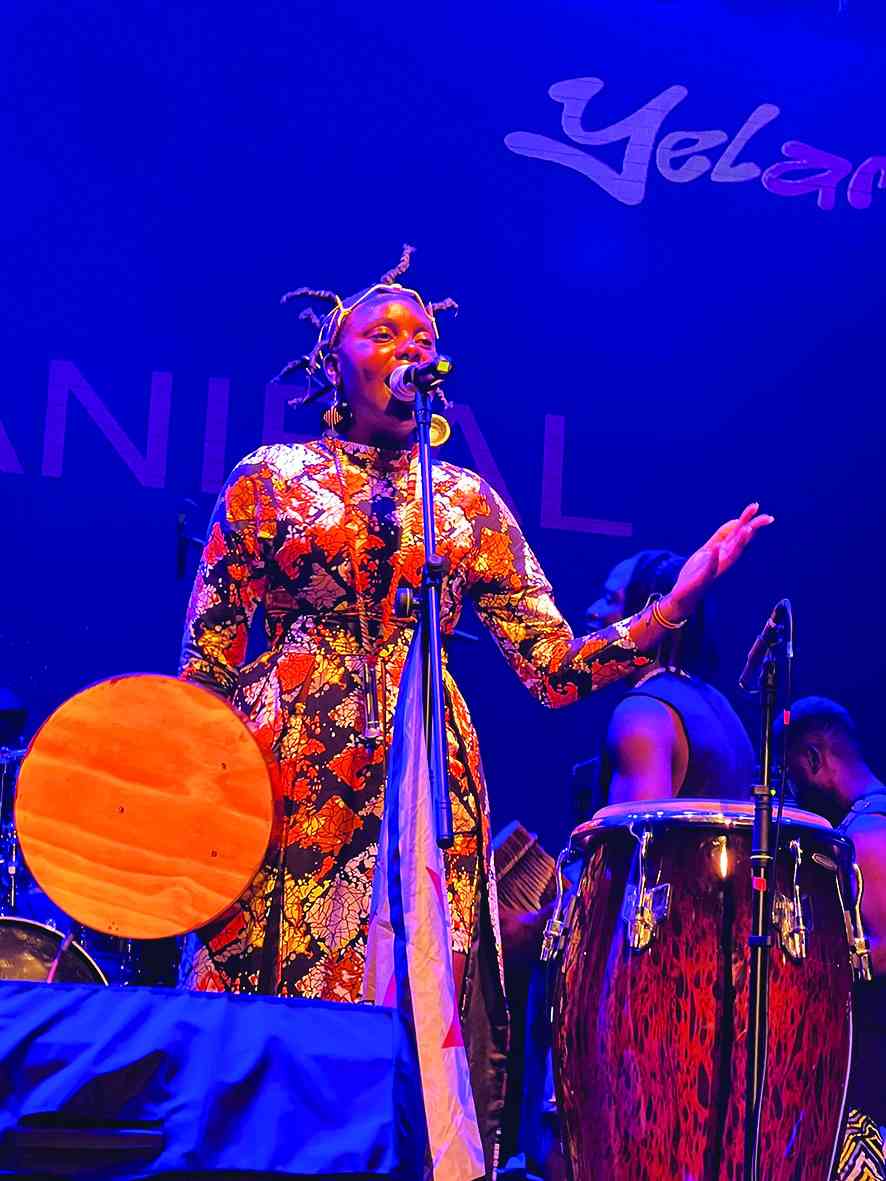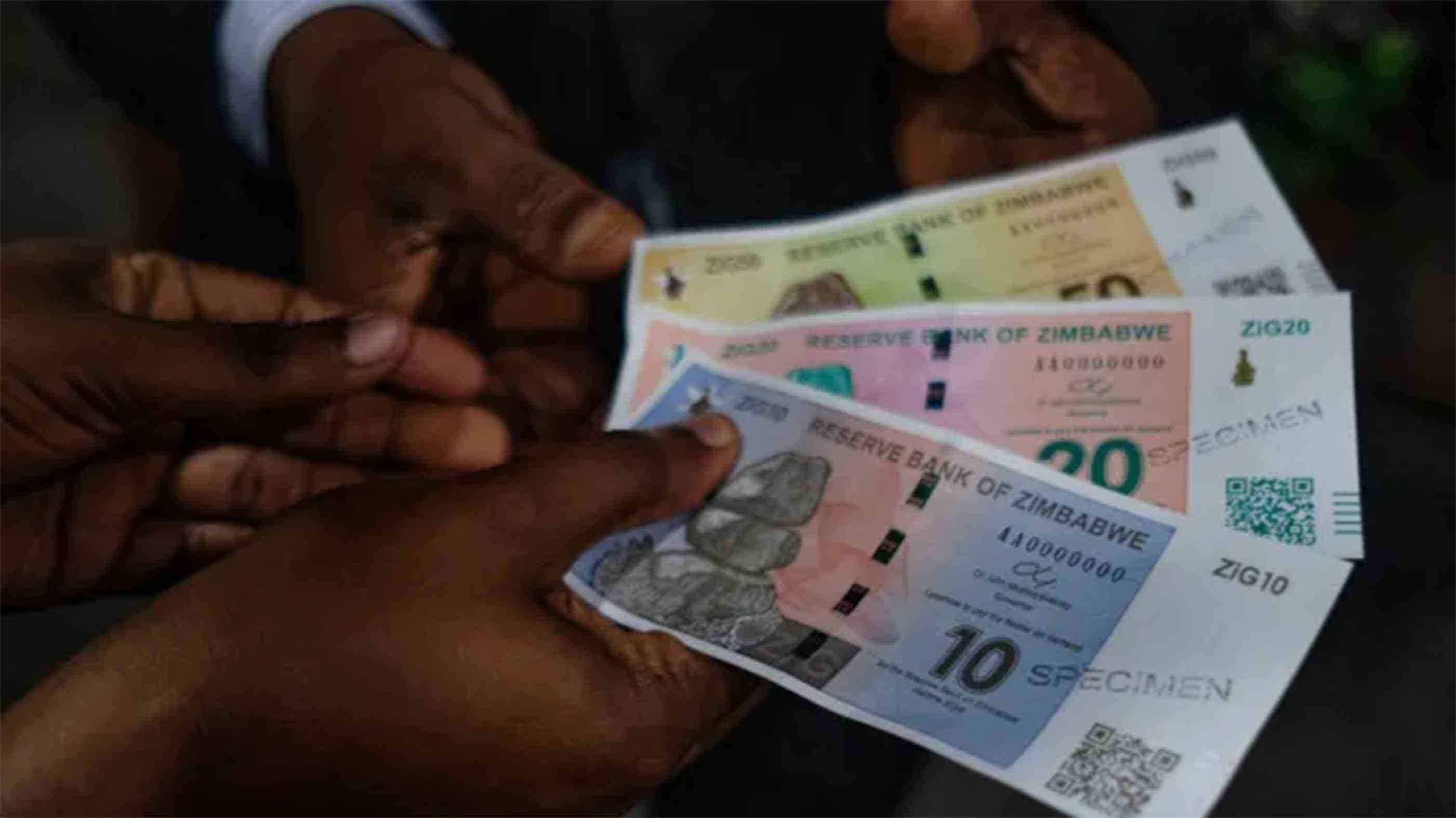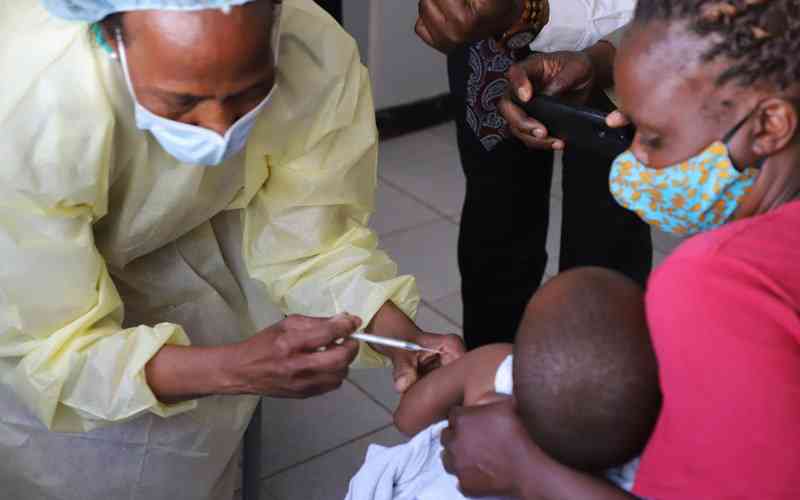
The more things change, the more they remain the same. I had just finished primary school when the first human-to-human heart transplant operation was done in South Africa by Christiaan Barnard and his team. Doomsdayers and religious fundamentalists — yes, they have always been there, they are not a new phenomenon — went up in arms condemning the move as against God’s order, giving various concocted and self-serving “explanations” that if your heart was replaced by someone else’s heart, their character as well as their sins would be put into you since the essential you lay in the heart.
By CONWAY TUTANI
Well, heart transplants are now as commonplace as any medical procedure and no heart recipient has transformed into an evil monster because of the donated heart. So, what was the fuss about?
Now some 50 years later, we are saddled again with the same usual suspects from the doomsday and religious fundamentalism brigade saying — without any shred of empirical evidence, but appealing to people’s ignorance and biases — that the Zimbabwean government’s legalisation of mbanje (cannabis) farming will destroy society. But the devil is in the detail, the details of which, but that the mbanje farming will be for medicinal and scientific purposes under the strictest of restrictions and these doomdayers have deliberately chosen to ignore that to suit their narrative.
And some people are already confusing issues. Government has not said that it will directly fund mbanje farming from the National Budget, so what is the basis of saying government should first build rural clinics before legalising mbanje farming? How does this arise? No money is being diverted from the Health ministry to fund mbanje farming. In fact, the tax dollars and export earnings from mbanje can fund those rural clinics.
The same type of people were against the setting-up of the National Social Security Authority pension scheme. Despite the fact that, like the Aids Levy, the statutory pension scheme was not established in perfect conditions, NSSA was, like the Aids Levy, the best way forward. Such people opposed NSSA and the Aids Levy solely because the Zanu PF government was behind it, cutting the nose to spite the face. Now both Zanu PF and opposition MDC-T supporters are benefiting from NSSA and the Aids Levy. Such people are consumed by confirmation bias — that tendency to search for or interpret information in a way that confirms one’s pre-conceptions, resulting in erroneous conclusions. This faulty thinking occurs when information is interpreted in a way that confirms one’s pre-existing beliefs while giving significantly less consideration to different possibilities. This can be seen in some people, who have expressed opposition to mbanje growing because it has been announced by the government. But if their preferred political party endorses it, they will quickly support it.
Because too many people are unhealthily pre-occupied with and blinded by politics, they now totally lack an economics and business perspective. They fail to see that there will be that multiplier effect — an effect in economics in which an increase in spending produces an increase in national income and consumption greater than the initial amount spent — from mbanje farming. This simply means an injection of extra income leads to more spending, which creates more income, and so on. The reason for this is because one person’s spending is another’s income, so there’s this constant exchange of money that gets spent. One-hundred peasant farmers can easily raise the required $50 000 licence fee for mbanje farming by contributing $500 each from, for example, their tobacco earnings. You spend money in order to make money.
From this multiplier effect the youth could benefit from mbanje farming instead of merely mocking the move while smoking mbanje. What we should avoid is the emergence of our version of what in the West is referred to as “Generation X”, the generation in the West born between the mid-1960s and mid-1970s, typically seen as lacking a sense of direction and feeling that they have no role to play in society. Well, mbanje farming — not smoking — provides them with a role.
- Chamisa under fire over US$120K donation
- Mavhunga puts DeMbare into Chibuku quarterfinals
- Pension funds bet on Cabora Bassa oilfields
- Councils defy govt fire tender directive
Keep Reading
So what, if anything, does all of this mean for legalisation? Does the fact that mbanje farming is now legal mean that addiction rates are going to spike and related issues — such as lower IQs and higher rates of addiction — are also going to jump?
Not at all. Mbanje is the most cheaply available drug in Zimbabwe and is sold virtually on every street corner in townships, but that hasn’t made Zimbabwe a nation of drug addicts. So, this alarmist over-reaction is unwarranted. It’s wrong to assume that people will suddenly start smoking mbanje just because its farming has been legalised. The same way that people in Europe did not suddenly become gay just because homosexuality had been legalised. Those inclined to smoke mbanje and their suppliers are already doing so in spite of and despite of the fact that it is illegal. So the prediction that this is going to create trouble is not supported by empirical evidence. In my case, I smoked mbanje for some time as a teenager, but soon discovered it was not for me. I did not have much time for it. Few illegal things are as easily available as mbanje, but this has not turned Zimbabwe into a nation of addicts. The same with alcohol. Alcohol is free-flowing in Zimbabwe, but it repels the majority of the population who don’t partake of it.
Now some people are debating whether Christians should take up mbanje farming. Well, I don’t see any dilemma there. Yes, they should go ahead and make money because Christians are already growing tobacco and running bottle stores, beerhalls, hotels, lodges, gambling casinos, betting shops and other “dens of vice”. Felix Mangozho put this rather bluntly, but lucidly on Facebook, saying: “There is no religion when it comes to making money. Money is fungible. It moves from a Muslim to a thief, from a thief to a whore, from a whore to a Christian, from a Christian to the government, from the government to the mbanje grower, from the mbanje grower to a United Kingdom university or Australian college.”
Adonation Virimbo, another Zimbabwean who thinks outside the box, also commented on Facebook thus: “Is it okay to have companies that manufacture knives? Knives are used by different people with different motives. If that mbanje is for medical purposes, I don’t think it’s wrong in anyway because herbs serve humans for many purposes. It’s like saying companies mustn’t manufacture cough syrups because there is a constituent that abuses medicine.” Well, that’s putting things into perspective.
lConway Nkumbuzo Tutani is a Harare-based columnist. Email: [email protected]











